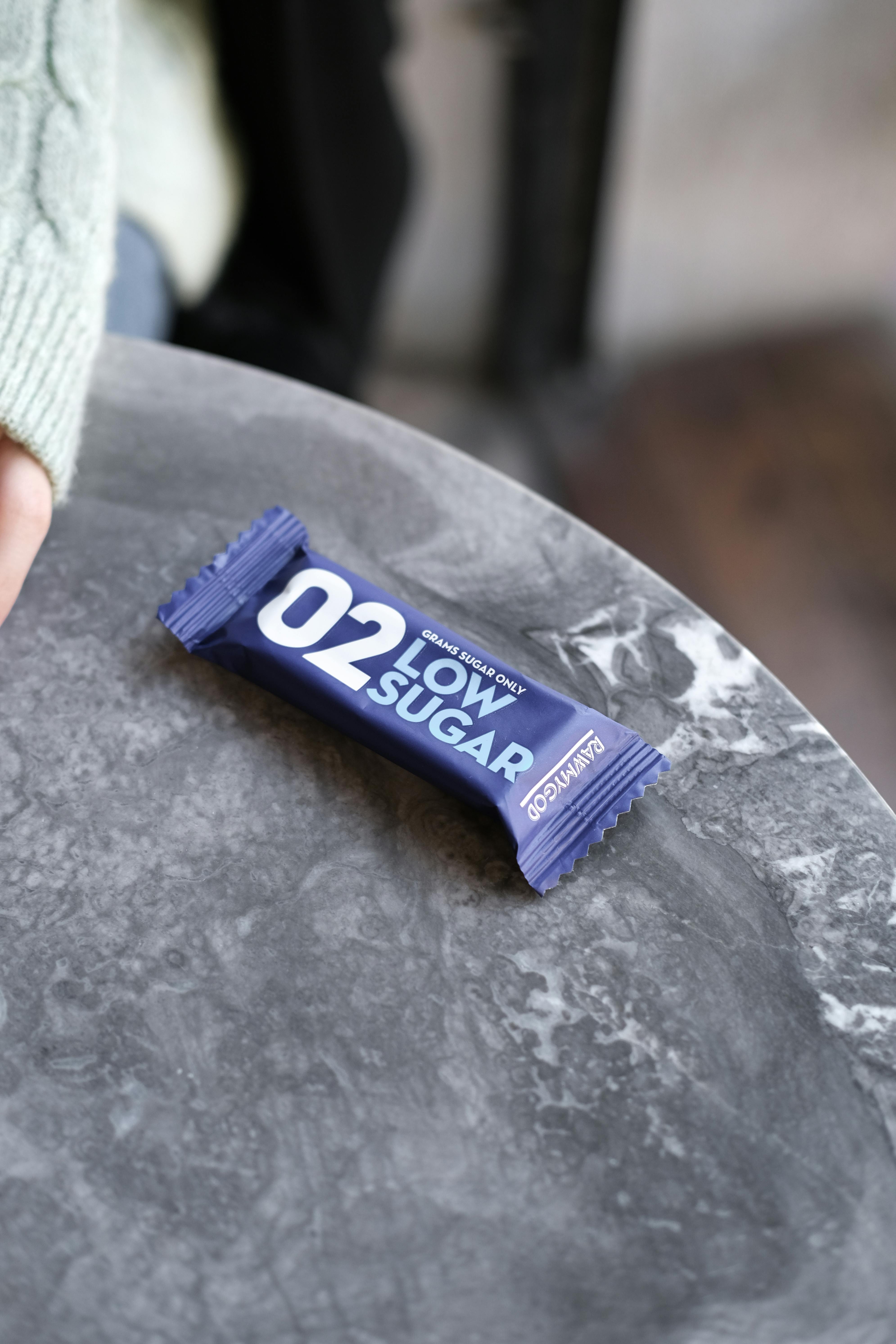Practical Guide to a Low Residue Diet for Colonoscopy: Essential Tips for 2025
Preparing for a colonoscopy can be daunting, especially when it comes to understanding dietary restrictions. A low residue diet plays a crucial role in ensuring effective bowel cleansing, which is vital for clear colonoscopy results. This diet minimizes high-fiber foods that can stimulate bowel movement, enabling smoother procedures and clearer imaging. In this guide, we will explore key aspects of a low residue diet, its importance for gastrointestinal health, and practical tips for meal planning and preparation.
Understanding a low residue diet allows patients to make informed dietary choices prior to their medical examination. This guide will cover essential tips, recommended foods, cooking methods, and hydration importance to aid in digestion and prepare effectively for a colonoscopy. Additionally, we will highlight the benefits of this dietary approach for those concerned with colon care and how it contributes to healthy digestion. Let's dive into the specifics of this dietary plan!
Understanding Low Residue Diet Guidelines for Colonoscopy Preparation
What is a Low Residue Diet?
A low residue diet is designed to limit the intake of fiber and other substances that can contribute to stool formation. By reducing these elements, it promotes less bowel movement and allows for smoother procedures. This diet typically includes foods low in fiber, such as refined grains, lean proteins, and certain fruits and vegetables, while avoiding nuts, seeds, and high-fiber grains.
Importance of Bowel Cleansing
Effective bowel cleansing is crucial for a successful colonoscopy. A clear digestive tract aids in accurate imaging and reduces the risk of complications. Following a low residue diet can enhance this process by ensuring stool consistency is optimal, which is why adhering to dietary restrictions is vital in the days leading up to the procedure.
Low Residue Food Options
When preparing for a colonoscopy, knowing what food to eat is essential. Examples of low residue foods include white rice, plain bread, eggs, tender meat, and specific fruits like bananas and melons. It’s recommended to include plenty of clear liquids to maintain hydration, as this helps to prevent constipation and supports overall digestive health.
Sample Meal Plan for Pre-Colonoscopy Diet
Developing a meal plan can ease the transition into a low residue diet. A sample day might include scrambled eggs with plain toast for breakfast, a chicken and broth soup for lunch, and grilled fish with steamed carrots for dinner. Incorporating low residue snacks such as yogurt or soft cheese can also provide nutritional support throughout the day.
Cooking Methods to Consider
Choosing appropriate cooking methods is essential on a low residue diet. Boiling, steaming, or baking foods is preferred to frying or grilling, as these methods tend to require less fiber-retaining ingredients. These alternatives maintain the food's essence while ensuring healthful preparation.
Hydration Importance in Dietary Adjustments
Staying hydrated is one of the most critical aspects of not just a low residue diet but overall digestive support. Drinking at least 8-10 cups of clear fluids daily helps flush the system and prepare the bowels for examination. Options include water, clear broths, and electrolyte drinks that are low in sugar to support hydration.
Tips for Managing Dietary Restrictions Successfully
Identifying Safe Foods for Colonoscopy
Understanding which foods to avoid is as important as knowing what to eat. Safe foods typically include those that do not contain skins, seeds, or high fiber content. Elimination of potentially problematic foods such as beans, whole grains, and gas-producing vegetables can ease the digestion process during this phase.
Balancing Nutritional Needs
While following a low residue diet, it remains essential to balance nutrient intake. Including proteins, healthy fats, and simple carbohydrates ensures that energy levels remain stable leading up to the procedure. Consulting a dietitian can provide personalized guidance tailored to individual needs.
Meal Frequency Considerations
Keeping meal frequency in mind can help manage hunger levels on a low residue diet. It’s advisable to have smaller, more frequent meals to avoid discomfort and hold off hunger while adhering to dietary measures. Each meal should be balanced and proportionate to maintain nutrient absorption.
Portion Control as a Strategy
Portion control plays a vital role during this pre-colonoscopy diet. Eating small amounts throughout the day can help in reducing symptoms of discomfort and ensuring better digestion. This strategy aids in moderating food intake without overwhelming the digestive system.
Essential Nutrients to Focus On
During this preparatory diet phase, it’s important to include essential nutrients that support colon health. Nutrient-rich foods such as lean proteins, low-fat dairy, and refined carbohydrates can provide the energy necessary for a smooth transition without burdening the digestive tract.
Practical Strategies for Digestive Support Before Colonoscopy
Incorporating Probiotic Foods
Probiotic foods can aid in maintaining bowel health during a low residue diet. Options such as yogurt, kefir, or fermented foods with minimal fiber can assist in promoting gut health. These foods can help maintain balance within the gut microbiome, which is important leading up to medical examinations.
Meal Timing and Preparation Techniques
Coordinating meal timing with preparation activities can create a smoother experience. Planning meals around the necessary bowel prep schedules ensures that digesting occurs efficiently without causing strain on the body. Prepping meals in advance can reduce stress as the procedure date approaches.
Best Practices for Hydration
Adequate hydration not only facilitates digestion but also plays a crucial role in the success of the bowel cleansing process. Recommended fluids include clear juices (without pulp) and clear soups, avoiding sugary or carbonated beverages that may lead to gastrointestinal discomfort.
Staying Informed About Colonoscopy Risks
Being informed about potential risks associated with colonoscopy is also part of appropriate preparation. Understanding risks such as bowel perforation or adverse reactions to sedation can encourage adherence to pre-procedural dietary restrictions, thereby ensuring a safer examination experience.
Following Up with Medical Professionals
Communication with healthcare providers can offer additional insights into dietary adjustments and nutritional support. Following up after a colonoscopy with discussions about findings and dietary needs is crucial for ongoing gastrointestinal health and making any necessary lifestyle adjustments.
Frequently Asked Questions About Low Residue Diets
What foods should I avoid on a low residue diet?
It’s important to avoid high-fiber foods such as whole grains, beans, raw fruits and vegetables, nuts, and seeds. Instead, focus on low-fiber options like refined grains, lean proteins, and certain soft fruits.
How long should I follow a low residue diet prior to my colonoscopy?
Typically, patients are advised to follow a low residue diet for 1-3 days before the procedure. However, your healthcare provider will specify the ideal duration based on your unique situation.
Can I drink coffee or tea while on a low residue diet?
In moderation, black coffee or tea can be included, but avoid adding cream or milk which can increase residue. It's essential to focus on clear liquids to stay hydrated.
Will a low residue diet affect my nutrient intake?
While a low residue diet limits fiber intake, it’s important to ensure that meals are balanced with proteins and healthy fats. Consulting with a dietitian can help manage these nutritional aspects.
Are there specific foods that support bowel cleansing?
Clear liquids, broths, and low-fiber foods are important to aid in bowel cleansing. Including options like clear fruit juices (without pulp) and gelatin can enhance the effectiveness of preparation.

The journey toward an effective colonoscopy can feel overwhelming, but with proper adherence to a low residue diet, the process can be simplified. Implementing smart meal planning, knowing safe food options, and understanding hydration importance lays the foundation for optimal gastrointestinal health. Following these essential tips for colonoscopy preparation in 2025 will contribute to a healthy digestive system and better colon care for years to come.

